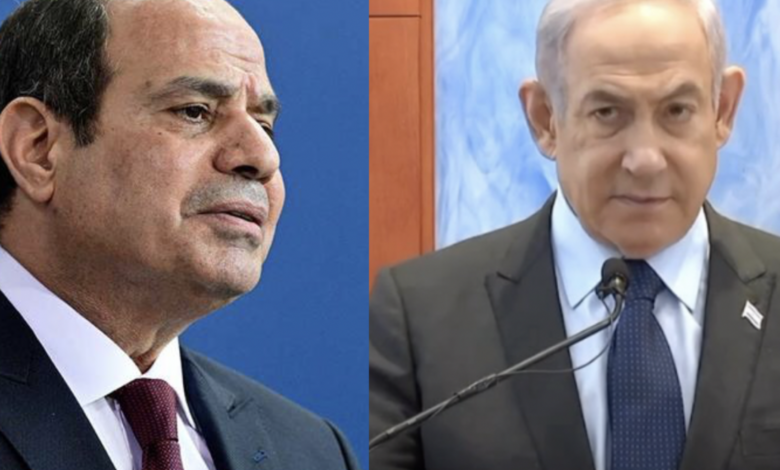
Diaa Rashwan, head of the Egyptian State Information Service, commented on Israeli reports that Prime Minister Benjamin Netanyahu had directed the suspension of the gas agreement with Egypt. Rashwan stated that Netanyahu would be unable to bear the consequences of such a decision.
In televised remarks, Rashwan said, “I advise Netanyahu, and I hope he cancels the gas deal if he can handle the economic consequences.” He explained that while the deal is economically important for both sides, the scale “tilts more in Israel’s favor.”
The Egyptian official clarified that Egypt uses the gas domestically and also liquefies and re-exports a portion of it. He said Egypt will not face any immediate crisis with the summer season nearing its end, even if Israel suspends gas supplies.
He stressed that Egypt has many alternatives in the energy and gas sector, and that Netanyahu is “completely deluded” if he believes Egypt has no other options to face an energy crisis. He added, “I’m not defending [my country], but I’m speaking based on information that Egypt has alternatives and scenarios for what might happen.”
Rashwan suggested that “Netanyahu is trying to export a crisis to Egypt.” He expressed surprise at the contradiction between “the Israeli military’s complaints about Egypt’s troop mobilization near the border and then the economic threats.” He questioned, “Is Israel a very economically powerful force but militarily very weak, or are we facing a mix of ‘Torah-based’ (referring to the Israeli right wing) pressure aimed at implementing a displacement plan?”
The Hebrew newspaper Israel Hayom had reported on Tuesday that Netanyahu had given a directive to not proceed with the major gas agreement with Egypt without his personal approval, under claims of “Egyptian violations of the peace agreement” due to military reinforcements in Sinai.
According to the report, Netanyahu will discuss with Energy Minister Eli Cohen whether and how the agreement should proceed before he makes a final decision on the matter.




